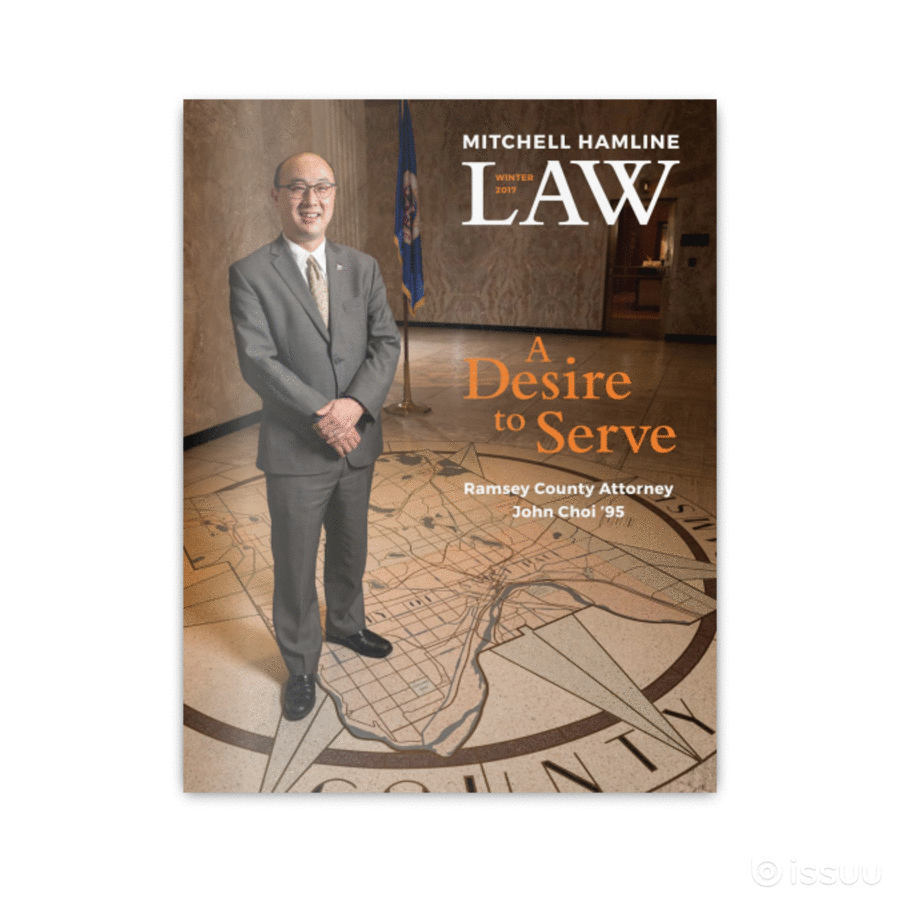By Dick Dahl
When baby boomers were young, many of them built their lives around the unholy trinity of “sex, drugs, and rock ‘n’ roll.” Now that the boomers have grown gray and begun to shuffle off this mortal coil, Minneapolis entertainment lawyer suggests perhaps the old incantation deserves an update: “Occasional sex, prescription drugs, and what’s left of rock ‘n’ roll.”
Abdo’s tongue-in-cheek assessment is not meant to disparage a musical form he has long loved. He has been devoting his law practice to musicians, mostly of the rock ‘n’ roll persuasion, for several decades, and that won’t be changing any day soon. What IS changing, however, is the nature of his work on their behalf as they approach—and reach—the ends of their lives.

“I’m fortunate enough to be old enough and young enough to work both sides of the fence—the legacy acts AND young artists,” says Abdo. By “legacy acts,” he is referring to the recognized, older name-brand acts on his client roster at Fox Rothschild—Kool and the Gang, Toto, Three Dog Night, the estates of Muddy Waters and Count Basie.
While most musicians have estate plans, Abdo says, some notable ones do not. Minneapolis musician Prince, for instance, died in 2016 at age 57 without a will, leaving much uncertainty about who gets what. Abdo represented three of Prince’s presumptive heirs. “I think Prince’s death was a reminder to those who do have assets that they better get to it and make a plan,” he says.
Abdo says that for most of his legacy clients, estate-planning is not about the money. “Their concern is not so much about themselves anymore,” he says. “They’re really concerned about their heirs, but they’re also concerned about their legacy in the lexicon of rock ‘n’ roll. They don’t want to be forgotten. It’s about ‘How can we preserve the work that we’ve done?’”
For instance, Abdo says, he works with the estate of Bill Haley (of Bill Haley & His Comets) and has discussed possible “artist branding” options– such as anthologies, books, or a movie—to help make up for declining revenue from recordings and to provide greater insight into Haley’s history.
For many of these artists, the transition of the music business from product sales to monthly streaming subscriptions has caused significant income reductions. Abdo says he loves broad access to music as much as anyone, but he believes efforts must be made—such as significantly increasing the cost of monthly streaming subscriptions—to put more money into artists’ pockets.
His work at Fox Rothschild is essentially focused on doing precisely that. In January, he and five other lawyers from his previous firm, Lommen Abdo, transferred their entertainment law group to the much larger, 850-lawyer firm. Abdo had spent his entire career to that point in the firm his father created in 1936 and which his brother, Robert, also joined.
“I’m very happy for the niche that I’ve been able to carve out,” he says. “Unless I’m missing something, there’s no other law practice in the Midwest that’s quite like ours.”
Dick Dahl is a freelance writer and editor in St. Paul.

